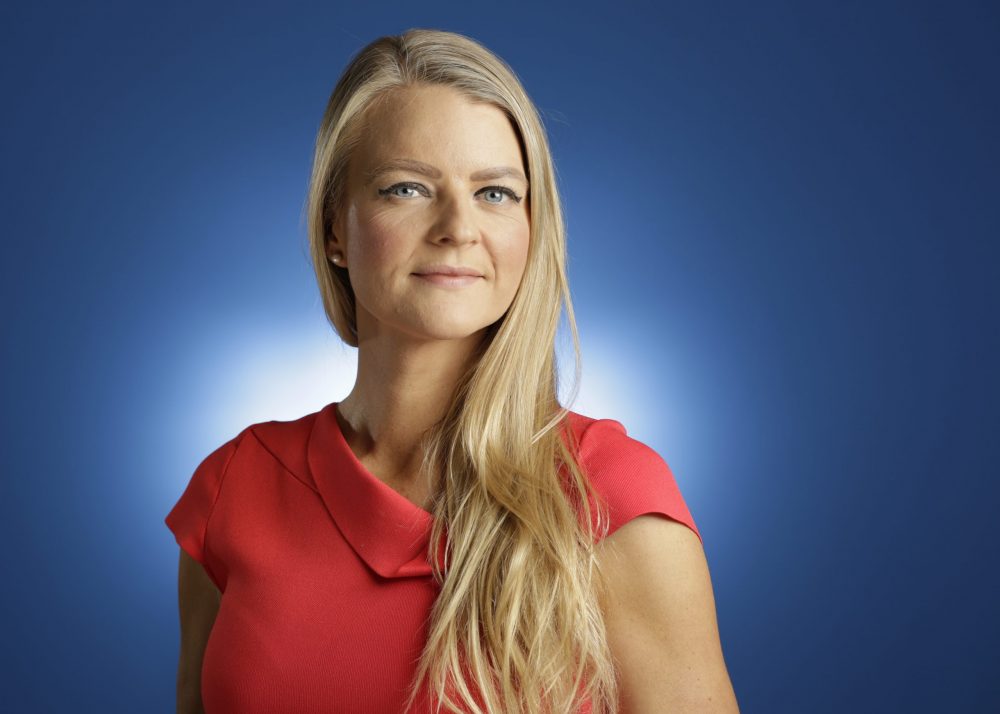SCOTLAND’S critical financial sector is experiencing “deep and dramatic changes” which are now being accelerated by Coronavirus, Brexit and the Climate emergency a new report has found.
The report “Industry Trends and Salary Guide” published by Core-Asset Consulting is an annual publication now in its sixth year and reveals challenges the sector will face after a tough year.
The guide sets up firms for salary reviews in Scotland’s financial services sector which usually happen in March/April.

The Edinburgh based firm recorded a 28% fall in new vacancies with a 10% drop in new candidates reflecting minimal movement in the jobs market.
All of the data is entirely Scottish and the report sets expectations for those who are awarding salaries, allowing them to benchmark against competitor organisations.
However, it is also said to be a gauge of market sentiment and activity, as well as the themes that are impacting financial services across Scotland.
Major issues this year outlined in the report include diversity, particularly as it relates to women, environmental and social governance, Brexit and ethical investing.
The report points out that even before the pandemic, financial services faced serious headwinds because of the political and economic situation caused by Brexit.
That meant cost-cutting was the dominant theme in the financial services sector within Scotland in early 2020.
The impact of COVID-19 has also continued the trend of drawing employees towards socially responsible organisations and opportunities.
In the world of investment, a growing awareness of ESG (Environmental and Social Governance) is putting added pressure on fund managers.

Betsy Williamson, the founder and MD of Core-Asset said: “The last 12 months have changed the face of the sector forever. We’ve seen social and economic changes take place at a velocity unlike anything previously experienced.
“Many of these changes are universal across professional services. For instance, we’re on a knife-edge when it comes to gender diversity and equality of opportunities.
“Women in senior roles could be hit hardest, as they’ve worked so hard to get to those roles, but many are now carrying lots of extra responsibilities.
“This is a warning – companies could find themselves on the brink of inadvertently pushing out waves of women if they don’t acknowledge cultural barriers online and accommodate the challenges faced by working parents, especially for those with relatively young children.
“On the flip side there is a glimmer of hope in that we’ve had to confront head-on prejudices against home or flexible working.”
Ms Williamson added: “There is a greatly increased expectation from clients and investors for companies and stocks to meet with changing perceptions on green, renewable and climate-based issues, together with enhanced UK, EU and global directives on climate change.
“ESG is no longer a box-ticking exercise where investment houses can take the path of least resistance, it is expected that it is now an integral part of the investment process.
“Universal asset owners and mammoth global investors with trillions of assets under management operating passive and active strategies, are too big to let the planet fail.
“This is intertwined with the debate on diversity too. The investment industry standard demographic of men from a certain era, who see the world through set eyes, may find this exceptionally challenging.
“This is truly where succession planning and recruitment come into their own. Women and millennials have natural different views of the world; diversity of thought breeds diversity of opportunity which in turn breeds strength and conviction in portfolio selections.”

